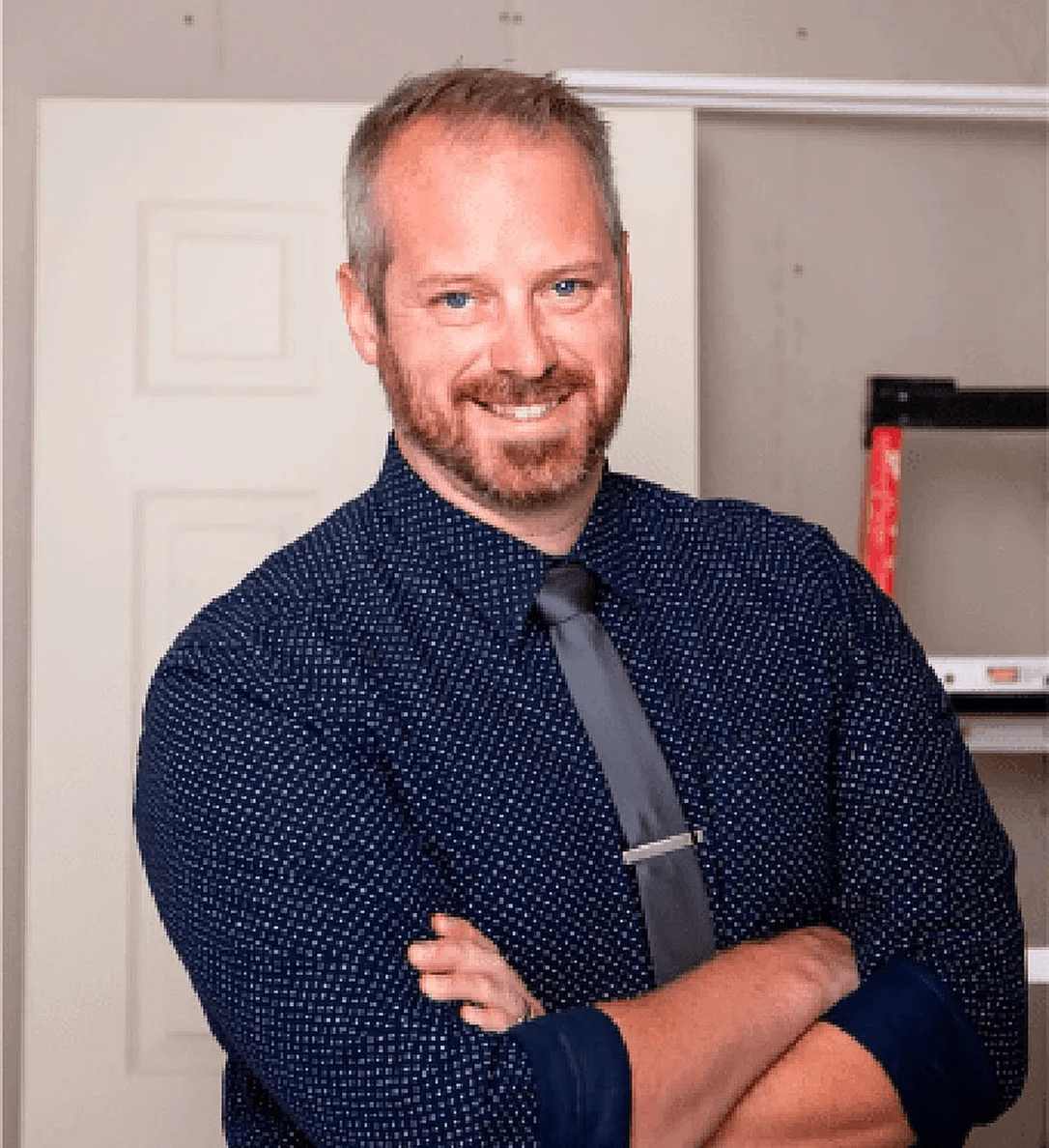
Rethinking the Backyard:
By: Phil Mills
Crisis creates tension. It forces us to look at things differently. It forces us to consider that things cannot be how they are or what they once were. You can see one of these tensions popping up more and more if you’re following along with the ever-escalating housing crisis.
As housing becomes less and less affordable the idealized vision of our past comes into conflict with the reality we face today. There is a dream many have and many have grown up with that is hard to see ever happening.
A big backyard, a white picket fence, all the promise of that tv sitcom suburban life.
This dream, however, simply doesn’t fit with reality. Those homes are hundreds of thousands of dollars beyond what many could ever afford.
But so many of us in the community hold that dream, hold that idea of what a house ought to be, where a family should live and how kids should grow up. In so doing, we are making this crisis worse.
We’re making it worse by trying to force the world of today to look like the world of yesterday. We’re making it worse when we take our conceptions of home and what is best exclusively from the past.
And this is absolutely not our intention. We don’t want to make it worse. We want what is best for kids and the families in our community. I’m just not sure we’ve considered what we’re implying when we say kids and families need a back yard.
All around the world families and children grow up, live, and thrive without a backyard. They live full and amazing lives using communal space rather than private space. But we see a condo, an apartment, or a stacked town house as no place for a child to grow up. It’s not where a family should live, we think. Our heart is in the right place, but that kind of thinking influences policy. It influences development.
To be clear, this is not to say that no one should have backyards and that every suburban community needs to look like a major city’s downtown. It’s to say that we need to stop trying to make everything suburbia. We need to start thinking of what it means to have communities where families live in spaces different than they were in the past.
It means we need to think more about public and communal space. We need to use those spaces differently than many of us who grew up in the community have.
We as a community need to see birthdays in the park making as much sense as a birthday in the backyard and barbecues at the local conservation area on the beach rather than the deck as the norm.
And this works because I see it. Every time my family and I go to Shades Mill or Pinehurst there are folks who just get it. They understand how to live life in communal space. We need more of that.
We need more of these spaces. We need to shift from the private to the public space. Because we cannot end our housing crisis one backyard at a time.
I’ve said many times we solve this housing crisis together. Together as a community, not-for-profits, for profit, and government together. But we also solve this literally TOGETHER. With communal space that lets us see the density we need to meet the demand.
It all happens together.
Philip Mills
CEO, Habitat for Humanity Waterloo Region

Philip Mills, CEO

